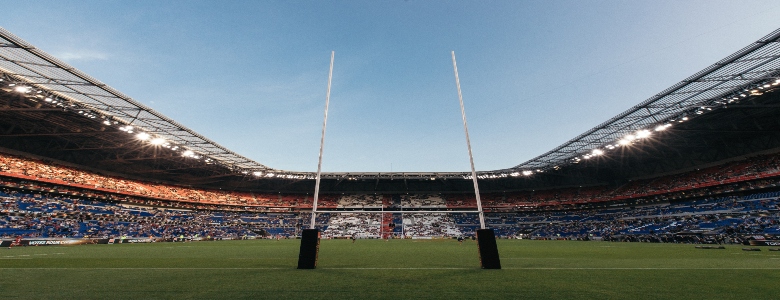
Certainty gives us comfort. It makes us feel secure. When we know what is around the corner we can plan for it, but so much in life is uncertain. I want my children to learn to be resilient. A key part of being resilient is being able to accept uncertainty.
Without being able to accept uncertainty we would never take risks. Without risk, there is no progress.
Christopher Columbus wouldn’t have ‘discovered’ America.
The Wright brothers wouldn’t have solved human flight.
Neil Armstrong wouldn’t have landed on the moon.
Steve Jobs wouldn’t have invented the iPhone.
These civilisation-changing events were taken without any certainty that they would succeed. They were also at huge personal risk; financially, reputationally and to life.
Individually, we may not be trying to change the world but we still need to face the unknown and plan as best we can for it without full knowledge of the facts. It is impossible to know:
- Whether our kids will be completely safe when they walk out the door.
- That it will stay sunny when we plan the BBQ.
- The date and causes of the next global conflict.
- The next invention that will change the world.
- What direction our career is going to take.
- That our favourite team will compete for a trophy this season.
- Our future health.
- What the winning lottery numbers will be.
- The date of our death.
- How long a delay we will have to endure when we travel anywhere in the summer holidays.
- Strains that may be placed on our relationships.
- Whether I should cash out of my bet that South Africa will win both the 2023 Rugby and Cricket World Cups.
- If there is a higher power.
- Who will win the next election.
- How my investments will perform.
Uncertainty with your money
Obviously, some of the items on this list are light-hearted and some are more serious. With respect to the final point, ‘how my investments will perform’, this is particularly relevant for a financial planning blog and is the reason for the article.
We can’t know how our investment will perform over any period of time. Global investment markets increase in value over the medium to long term because they are uncertain, not in spite of the uncertainty. The relationship is irrefutable and unbreakable. The risk of investing in shares is not knowing if they will go up, down or sideways over any period of time.
Investors in the Japanese stock market, the Nikkei 225, experienced zero growth between 1990 and 2020; made up of 11 years of predominantly falling returns followed by a further 9 years of sideways returns. Allow for inflation and the real value of investors’ money was negative. US stock markets, on the other hand, grew nearly 10-fold over the same period of time. If you invested £1,000 in the S&P500 at the start of that twenty years it would have been worth over £9,000 when the Nikkei finally broke even.
On the eve of that period, there was no way of knowing what the future looked like for either market. In fact, the Japanese economy was on the back of the 1980s boom and was the envy of the world. Had you cautioned temperance to anyone choosing to invest in the Japanese stock market then you would have been laughed out of Tokyo.
Think too about what the world has faced since the start of the 2020s: a global pandemic, the war in Ukraine, a cost of living crisis and conflict in Gaza. Or further, back to the turn of the century when the world experienced the bursting of the tech bubble, 9/11 and the second Iraq war. Two periods of time with huge geopolitical and economic uncertainty.
Investors are rewarded for accepting that uncertainty. The greater the uncertainty, the greater the expected reward required for accepting that uncertainty. We just can’t put a ‘how much?’ and ‘by when?’ on it.
Cautious Investing Does Not Provide Certainty Either
Cautious investors, those who want to have some market exposure but are nervous about seeing the value of their investments fall by too much, may have reasonably expected modest returns over the past couple of years, even perhaps slight losses. Not many would have expected the double-digit losses. Losses they have experienced as a result of rising interest rates as central banks attempt to quell inflation. Unexpected events = uncertainty. Markets don’t like uncertainty. The result is investment losses.
If we want a certain return we can only accept the interest rates offered on savings accounts. And in so doing, we have to accept that our money won’t grow sufficiently. Not sufficiently enough to beat inflation, and for most people, not sufficiently to ensure financial freedom and security for the remainder of their lives.
This is not to mean we should be gung-ho and go all in on the risk. If events transpire against us, we don’t want to be ‘all-in’ and lose it all. History is littered with hubristic people who thought the only way was up, to be left with nothing. If we have a secure base, an element of financial certainty; sufficient savings or a guaranteed income, we can more confidently embrace uncertainty and hope to enjoy the gains it brings. Without that security blanket, our behaviours in the face of worrying events are likely to be detrimental to our financial position.







